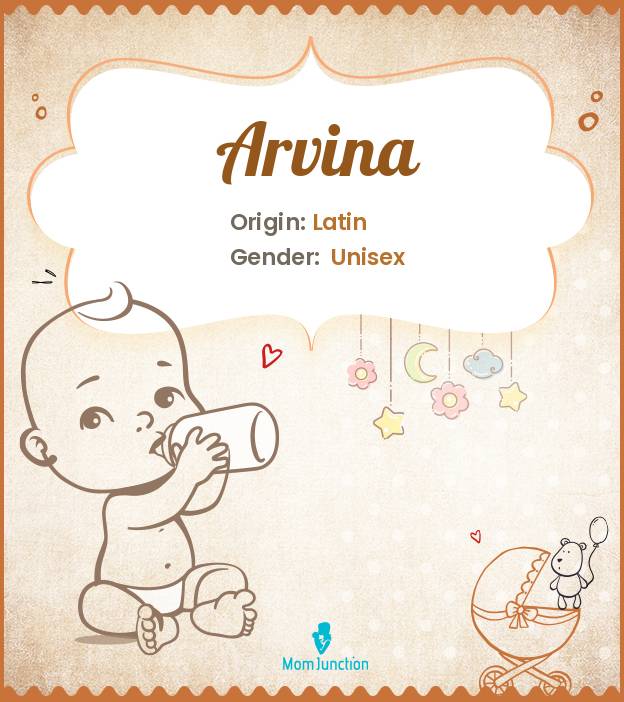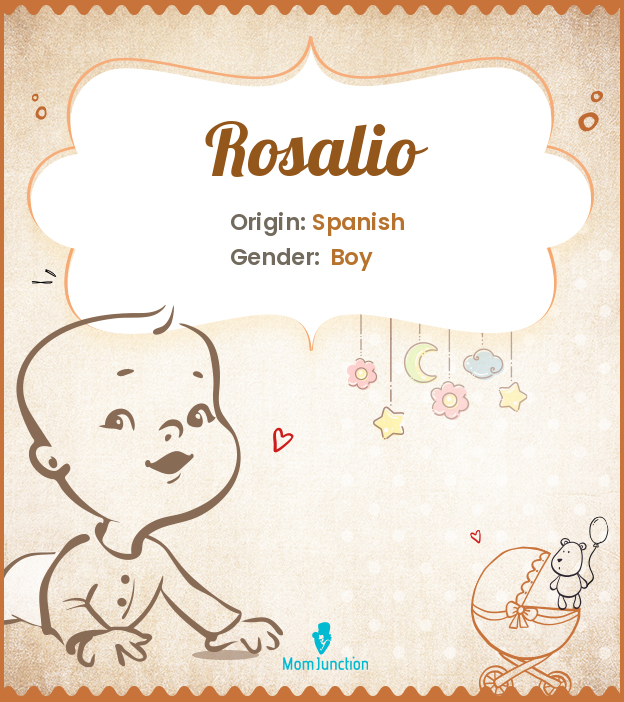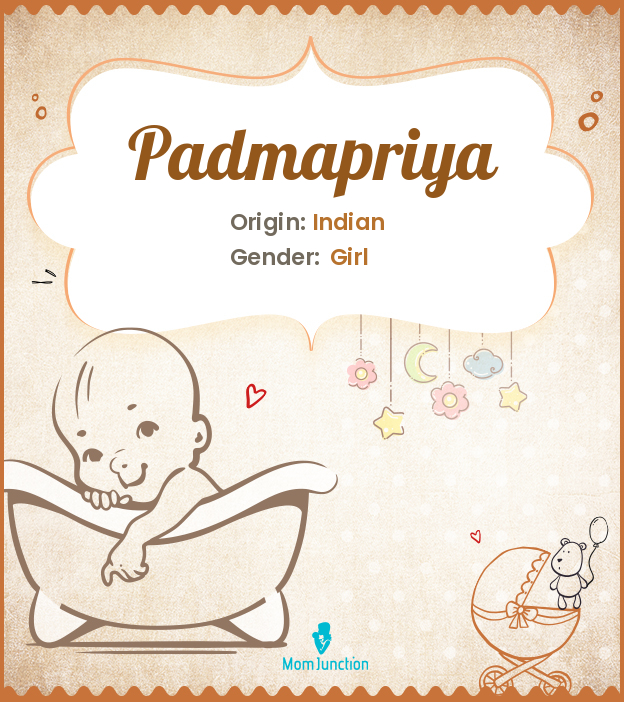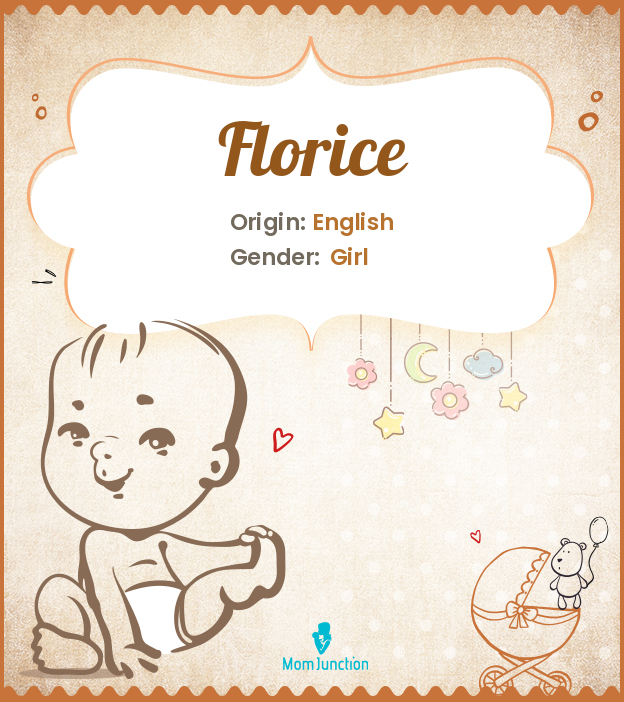
Image: ShutterStock
Most Portuguese last names have been derived from a person’s ancestors’ occupation or socio-economic status. A Portuguese individual has two surnames: one taken from the mother and the other from the father. The father’s name is mainly added to the personal name, and the mother’s name is rarely used in isolation. Generally, Portuguese surnames end with ‘-es’ and have words such as ‘do’ ‘dos’ and ‘da,’ which mean ‘of the’ (1).

Apart from Portugal, Portuguese is the official language of South America and Africa. So, Portuguese family names are common among people in Portugal and also Portuguese-speaking nations such as Brazil, Mozambique, Angola, and Cape Verde.
This post brings you a compilation of Portuguese surnames with their meanings and origins.
Key Pointers
- Portuguese surnames often derive from a person’s ancestors’ occupation or socio-economic status.
- Typically, a Portuguese name includes two surnames of both their parents, with the father’s surname usually being the primary one used.
- Many Portuguese surnames end with ‘-es’ and may include prepositions like ‘do,’ ‘dos,’ and ‘da,’ which translate to ‘of the’ in English.
- A significant number of Portuguese surnames are toponymic, originating from geographical locations. Examples include Almada and Barros.
List Of Common Portuguese Surnames Or Last Names
Patronymic Portuguese Surnames Or Last Names
1. Henriques
It is a patronymic name and means ‘son of Henrique.’ The name ‘Henrique’ is the Portuguese form of the name ‘Henry,’ which comes from the Old German name ‘Heimirich’ meaning ‘home ruler.’
2. Lopes
It is a patronymic name that means ‘son of Lope.’ The name ‘Lope’ comes from the Latin word ‘lupus,’ which means ‘wolf.’
3. Lucio
It is a patronymic form of the Latin personal name ‘Lucius’ that is derived from the Latin element ‘lux’ meaning ‘light.’
Occupational Portuguese Surnames Or Last Names
4. Bomba
It is the Portuguese word for ‘bomb.’ The name could be an occupational name for someone who worked with explosives or weapons. The name may have also been a nickname for someone with a short temper.
5. Coelho
It is the Portuguese word for a ‘rabbit.’ This surname was likely used as a nickname or an occupational name for a seller or hunter of rabbits.
6. Farinha
It is the Portuguese word for ‘flour.’ This is an occupational name referring to someone who was a miller or a flour merchant.
7. Gale
It is the Portuguese word for a ‘galley’ or ‘galleon,’ which is a warship. This last name refers to someone whose occupation was that of a shipwright or a mariner.
8. Judice
The occupational name refers to someone who worked as a ‘judge.’ The word ‘Judice’ likely originated from Latin and means ‘judge’ or ‘to judge.’
9. Machado

It is the Portuguese word for an ‘axe’ or a ‘hatchet.’ It is an occupational name for someone who made or used hatchets.
10. Madeira
It is the Portuguese word for ‘wood’ or ‘timber.’ This surname refers to someone whose occupation was carpentry.
11. Pao
The Portuguese word for ‘bread,’ Pao is an occupational name referring to someone whose occupation was baking.
12. Pereira
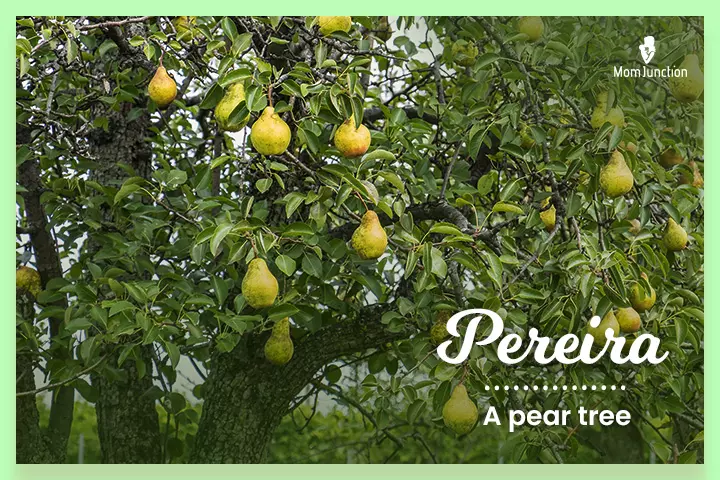
The ornamental name means ‘pear tree’ in Portuguese. It could also have been an occupational one for someone who worked as a merchant of pears or fruits.
13. Pimenta
The Portuguese word for ‘chili’ or ‘red pepper,’ it is likely an occupational name for someone who sold or grew peppers.
14. Vara
It means ‘rod’ or ‘stick’ in Portuguese. The name could have been a nickname for a thin person. The name could also have referred to someone, like an officer, responsible for checking measurements.
Toponymic Portuguese Surnames Or Last Names
15. Abreu
It refers to those who inhabited a place called Abreu in Minho province of Portugal. It is a common surname among Portuguese and those of Sephardic Jewish ancestral lines. Another origin could be ‘Abraao,’ which is the Portuguese form of ‘Abraham.’
16. Almada
It is a toponymic name for someone who lived in a place called Almada in Portugal. The name is derived from the Arabic word ‘almadena’ meaning ‘ore mine.’
17. Almeida
It is a toponymic name for a person who lived in the town of Almeida in Portugal. Derived from the Arabic phrase ‘al maidah’, it means ‘a plateau’ or ‘table-top.’ Another origin of the name could be the Arabic phrase ‘al madina’ that means ‘the city.’
18. Barboza
It is an alternative form of the name ‘Barbosa.’ The name is a combination of the Portuguese words ‘barba,’ a type of plant and ‘-oso’ meaning ‘place rich in that plant.’ The name is thus a toponymic one.
 Trivia
Trivia19. Baros
It is a toponymic name for someone from any of the places called Barros in Portugal. The name ‘Barros’ comes from the Portuguese word ‘barro,’ which means ‘clay’ or ‘loam.’
20. Borges
It is likely a toponymic name for someone from the city of Bourges in France. The name could also likely be a derivative of the Middle English element ‘burge’ meaning ‘freeman’ or ‘inhabitant of a fortified town.’
21. Braga
It is a toponymic name for someone who belongs to the city of Braga in northern Portugal. The place was a prominent city during the reign of the Roman empire.
22. Cabral
This is a toponymic name derived from the Latin word ‘capralis’ which means ‘a place of goats.’ The name ‘capralis’ comes from the Latin word ‘capra’ meaning ‘goat.’
23. Cardoso
It is derived from the word ‘Cardo,’ which is the Portuguese word for Cardoon plant, also called Artichoke Thistle. The name is likely a toponymic one referring to someone who lived close to a Cardoon plantation.
24. Castro
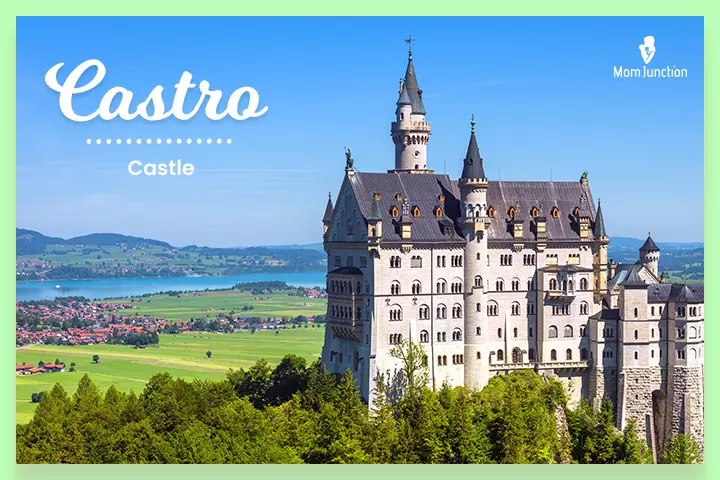
It is derived from the Latin element ‘castrum’ meaning ‘castle,’ ‘camp,’ or ‘fortification.’ The name likely referred to someone who lived near a castle.
25. Coval
It is a toponymic name referring to someone who belonged to any of the places named ‘Coval’ in Portugal. The name comes from the Portuguese word ‘cova’ meaning ‘hollow’ or ‘pit.’
26. Cuba
It is a toponymic name for someone from any of the several places called Cuba in Portugal. The name is derived from the Latin word ‘cupa’ meaning ‘barrel.’
27. Curro
It refers to people from any of the several places by this name in Portugal and Galicia. The name likely means a ‘fold’ or a ‘graft’ in Portuguese.
28. Da Costa
It is an alternative form of Costa that means ‘coast’ in Portuguese. The name has the addition of the word ‘da’ meaning ‘of the’ or ‘from the.’ The name was a toponymic one referring to those who lived along the river bank, slope, or the seashore.
29. Espindola
This surname has uncertain origin but is believed to be a toponymic name brought to Portugal by immigrants from Genoa, Italy.
30. Faria
It is a toponymic name referring to someone from any of the several places called Faria in Portugal.
31. Ferreira
This surname refers to someone who lived near an iron mine. The name is derived from the Latin word ‘ferrum,’ which means ‘iron.’
32. Fonseca
It refers to someone who originally lived near a dry spring. The name is taken from the Latin words ‘fons’ meaning ‘spring’ or ‘well,’ and ‘siccus’ meaning ‘dry.’
33. Freitas
It is a toponymic name for those who originally belonged to a place called Freitas in Portugal. The name means ‘broken stones’ or ‘broken ground’ in Portuguese.
34. Gaia
It is a toponymic surname referring to someone from the place called Gaia, also called Vila Nova de Gaia, in Portugal.
35. Gandara
It is a toponymic surname referring to someone from any of the several places called Gandara in Portugal. The word likely means ‘barren land’ or ‘dry sandy land.’
36. Lage
It is a toponymic name for someone from any of the several places called Lage in Portugal. The word likely means ‘slab of stone’ or ‘flat rock’ in Portuguese and Galician.
37. Lapa
It is a toponymic name for someone from any of the several places called Lapa in Portugal. The word ‘Lapa’ likely means ‘cavern’ in Portuguese.
38. Lessa
It is the altered spelling for Leca, which is the name of various places in Portugal.
39. Lima
It is a toponymic surname for those who inhabited a region close along the banks of river Lima in Portugal.
40. Lomba
It is a toponymic name for someone from any of the places called Lomba in Portugal. The name ‘Lomba’ refers to a ‘mountain ridge’ in Portuguese. The name could also have been a reference to someone who lived by a mountain ridge.
41. Loureiro
It comes from the Portuguese word ‘loureiro,’ which refers to the Laurel Tree. The name is a toponymic one referring to someone who lived by laurel trees.
42. Magalhaes
The toponymic name refers to someone from any of the places named Magalhaes in Portugal.
43. Mata
The Portuguese word for ‘woods,’ ‘thicket,’ or ‘forest’ is a toponymic one that likely referred to those who lived along the forest.
44. Medeiros
The name refers to someone who is from any of the several places named ‘Medeiros’ in Portugal. The name means ‘haystack’ or a ‘stack of sheaves’ in Portuguese.
45. Naves
It is a toponymic name for someone who came from any of the several places called Naves in Portugal.
46. Nazario
Derived from the Latin name ‘Nazarius’, it means ‘of Nazareth.’ Nazareth is a city in Israel.
47. Nobriga
It is an altered form of ‘Nobrega,’ which is the name of several places in Portugal.
48. Nora
The toponymic name refers to someone from a place called ‘Nora’ in Portugal.
49. Noronha
It is derived from the name ‘Norona’ that comes from the name ‘Norena.’ The name ‘Norena’ is a toponymic one and refers to those who originally belonged to the town of Norena in Spain.
50. Oliveira
The toponymic name refers to those from any of the several places named Oliveira in Portugal. The word ‘Oliveira’ in Portuguese means ‘olive tree.’
51. Paredes
It is the plural of the Portuguese word ‘parede’ that means ‘wall.’ The name could have been a toponymic one referring to someone who lived by a wall.
52. Pinheiro
The name means ‘pine tree’ in Portuguese, and might have referred to someone who lived along a pine forest.
53. Pinho
It is a toponymic name for someone from any of the several places called Pinho in Portugal. The word means ‘pine’ or ‘pine wood’ in Portuguese.
54. Quintal
It is the Portuguese word for ‘backyard’ or a ‘vegetable garden.’ The name could have been a toponymic one.
55. Ribeiro
Meaning a ‘brook’ or a ‘stream’ in Portuguese, the toponymic name might refer to someone who originally resided next to a brook.
 Trivia
Trivia56. Rios
The toponymic name means ‘rivers’ in Portuguese.
57. Rocha
The toponymic name is the Portuguese word for ‘rock.’
58. Santa
This is a toponymic name probably referring to those who belonged to any of the several places called Santa in Portugal. The word means ‘a female saint’ in Portuguese.
59. Sequeira
It is a toponymic name for someone from any of the places called Sequeira in Portugal. The name likely means ‘arid land’ in Portuguese.
60. Sousa
It a toponymic name for those who lived along the Sousa river in Portugal. The name of the river is derived from the Latin element ‘saxa’ meaning ‘rocks,’ probably referring to the several rocks or pebbles present on the riverbed.
61. Souto

It refers to ‘small wood’ or ‘grove’ in Portuguese. The name denotes a family line that lived along the groves.
62. Texeira
This is a variant spelling of ‘Teixeira’ that is derived from the Portuguese word ‘teixo’ meaning ‘yew tree.’ The name is a toponymic name referring to someone who lived near a plantation of yew trees.
63. Troia
The toponymic name probably refers to those who originally belonged to a place called Troia in Portugal.
64. Vala
It is a toponymic name for an ancestral line that likely hailed from any of the places named Vala in Portugal.
65. Veiga
It is a toponymic name for someone from any of the places called Veiga in Portugal. The name likely means ‘meadow’ in Portuguese.
66. Vela
It is a toponymic name for someone from any of the places called Vela in Portugal.
67. Vento
It is the Portuguese word for ‘wind’ and is also the name of some places in Portugal.
68. Villela
The toponymic name comes from the word ‘Vilela,’ which is the name of several places in Portugal. The name ‘Vilela’ is a diminutive form ‘vila’ meaning a ‘farm’ or ‘estate.’
69. Xavier
The toponymic surname is derived from a Basque word ‘Etxeberria’ meaning ‘the new house.’
Other Popular Portuguese Surnames Or Last Names
70. Afonso
The Portuguese variant of ‘Alfonso’ is derived from the Visigothic Old German personal name ‘Adelfonsus’ that is a combination of the elements ‘adal’ meaning ‘noble’ and ‘funs’ meaning ‘ready.’
71. Alto
It is the Portuguese word for ‘tall.’ The name likely originated as a nickname for a tall man or a large man.
72. Avila
It is a variation of the Portuguese name ‘Davila.’ The name ‘Davila’ is written as ‘da vila’ or ‘d’vila’ in Portuguese and means ‘from a village’ or ‘from a town.’
73. Barbas
It is taken from the plural form of the Latin word ‘barba’ meaning ‘beard.’ The name was likely a nickname for a bearded person.
74. Belo
It is the Portuguese word for ‘beautiful,’ ‘loving,’ or ‘handsome.’ The name likely began as a nickname for a handsome or beautiful person.
75. Da Cruz
It is derived from the name ‘Cruz’ that means ‘cross’ in Portuguese. The name has the addition of the word ‘da’ that means ‘of the’ or ‘from the.’
76. Delgado
The Portuguese word for ‘slender’ or ‘thin’ was probably used as a nickname for those with a thin physique.
77. Dos Santos
The name is a Portuguese translation of the phrase ‘of the saints.’ The name originally could have referred to those born or baptized on All Saints’ Day.
78. Diniz
The variant of the name ‘Denis,’ Diniz traces its origins to Ancient Greek and means ‘a follower of Zeus.’
79. Facundo
It is a last name derived from the personal name ‘Facundus’ that means ‘eloquent,’ ‘fluent’ or ‘talkative’ in Latin.
80. Fernandes
It comes from the name ‘Fernando,’ which is a variant of the name ‘Ferdinand.’ The name ‘Ferdinand’ is a combination of Old German words ‘fardi’ meaning ‘journey’ and ‘nand’ meaning ‘brave.’
81. Ferra
It is derived from the Portuguese word ‘Ferrar’ meaning ‘to shoe,’ like to shoe a horse.
82. Galioto
It is an altered spelling of ‘Galiote’ that means ‘pirate’ or ‘corsair’ in Portuguese.
83. Graca
It is the Portuguese word for ‘grace’ or ‘mercy.’ The name is a short form for the religious epithet ‘da Graca’ which means ‘of mercy.’
84. Guerreiro
Image: Shutterstock
It is the Portuguese word for a ‘warrior’ or a ‘soldier.’ The name was likely used as a nickname for a brave person or as a nickname for an aggressive person.
85. Janota
It means ‘chic,’ ‘stylish’ or something that is excessively elegant in Portuguese.
86. Jeronimo
This surname is taken from the personal name ‘Jerome’ that comes from the Old Greek name ‘Hieronymos’ meaning ‘sacred name.’
87. Joaquim
It is derived from the personal name ‘Joachim’ that comes from Hebrew and means meaning ‘granted by god.’
88. Junior
The name comes from the Latin word ‘Junior’ that means ‘younger’ or ‘the young one.’
89. Lacerda
It is derived from the Portuguese phrase ‘la cerda’ meaning ‘the locks of hair.’ This name was likely used as a nickname for those with long or thick hair, or with hairy chest or back.
90. Leite
It is the Portuguese word for ‘milk.’ This Portuguese last name was likely used as a nickname for someone with a pale complexion.
91. Louro
It is the Portuguese word for ‘blonde.’ This surname would have originally referred to those with blonde or light chestnut hair.
92. Magro
The Portuguese word for ‘thin’ was likely used as a nickname for those who have thin and lean personality.
93. Novo
The Portuguese word for ‘new,’ Novo could have been used as a nickname, eventually transforming into a surname.
94. Orta
It is derived from the Portuguese word ‘Horta’ that means ‘kitchen garden’ or a ‘vegetable garden.’
95. Paula
The feminine form of the name ‘Paul’ comes from the Latin word ‘paulus’ meaning ‘little,’ ‘small,’ or ‘humble.’
96. Pestana
It is the Portuguese word for ‘eyelash.’ The name might have been a nickname for someone with thick or long eyelashes.
97. Sarmento
It refers to ‘vine shoot’ in Portuguese. The name was likely a nickname for those who were tall and thin.
98. Sereno
It means ‘serene’ or ‘calm’ in Portuguese. The name would have originally been a nickname.
99. Trindade
It means ‘trinity’ in Portuguese. This surname is also a religious personal name and was given to someone born or baptized during the Holy Trinity feast.
100. Veloso
Meaning ‘hairy’ or ‘fleecy,’ the name might have likely been used as a nickname for a hairy person.
Discover More Names
When you have to choose a name for your baby, a few hundreds of names may not be just enough. Keep digging our mine of baby names until you find that one precious gem.
Frequently Asked Questions
1. Is Rosa a Portuguese last name?
Rosa may be a surname of multiple origins. In Portuguese, its variants may include Da Rosa or De Rosa. Rosa is a topographic name meaning someone who lives among wild roses.
2. Why do Goans have Portuguese surnames?
The Portuguese influence on Goan surnames may be traced back to their colonization period when the Portuguese ruled Goa from 1510 to 1961 (1).
3. Do Portuguese have a middle name?
Portuguese do not have a middle name. Rather, they can have two names that is treated as one composite name followed by their family name.
4. How do Portuguese surnames differ from other cultures?
Portuguese surnames differ from those in other cultures in several ways. They often include patronymics, where names derive from a father’s name. Double surnames are common, unlike other European cultures, typically combining the father’s surname with the mother’s, reflecting both lineages. Many surnames originate from geographical locations, like Almeida, indicating natural features or regions.
5. What are the rules for changing your last name in Portugal?
A Portuguese citizen does not have the right to change their name. Though they can apply for a name change, the request is usually denied.
6. How are women’s last names treated in Portuguese culture?
A woman carries her family name. When she gets married, she may adopt her spouse’s surname with her birth surname.
7. How has the use of Portuguese last names changed over time?
The spellings of many last names have changed and evolved with time. However, old surnames have also survived, albeit with some changes to the current spelling rules.
8. How did Portuguese last names influence other cultures and languages?
The Portuguese colonized several countries, such as Brazil, Venezuela, Uruguay, and parts of Africa and Asia. In all these countries, Portuguese has made an impact on the last names.
The Portuguese carried their surnames with them when they migrated to various parts of the world. In fact, you may notice some Brazilian last names in this list since Portuguese is the official language of Brazil. Besides tracing their roots to Portugal, these Portuguese last names have Spanish, Latin, and Galician origins. Almeida, Cabral, Faria, Lima, Nobriga, Rios, Troia, or Xavier are toponymic surnames, while Gale, Machado, Pao, and Pereira are derived from the occupations of their ancestors. Some surnames are also derived from personal names. For example, Facundo, Joaquim, and Lucio. These family last names are also prevalent in other countries with a Portuguese-speaking population.
Infographic: List Of Common Portuguese Surnames Or Last Names
Most Portuguese surnames are inspired by a person’s occupation, socio-economic status, or ancestors. Thus, a lot can be known about them through their surnames. So, if you are intrigued to know more, read the following infographic, where we have highlighted a few last names and their meanings.
Some thing wrong with infographic shortcode. please verify shortcode syntax
Illustration: Portuguese Surnames Or Last Names With Meanings

Image: Stable Diffusion/MomJunction Design Team
References
- Portuguese Goa;
https://www.worldhistory.org/Portuguese_Goa/
Community Experiences
Join the conversation and become a part of our nurturing community! Share your stories, experiences, and insights to connect with fellow parents.
Read full bio of Shikha Thakur
Read full bio of Srija Chanda Burman
Read full bio of Angela Alex










